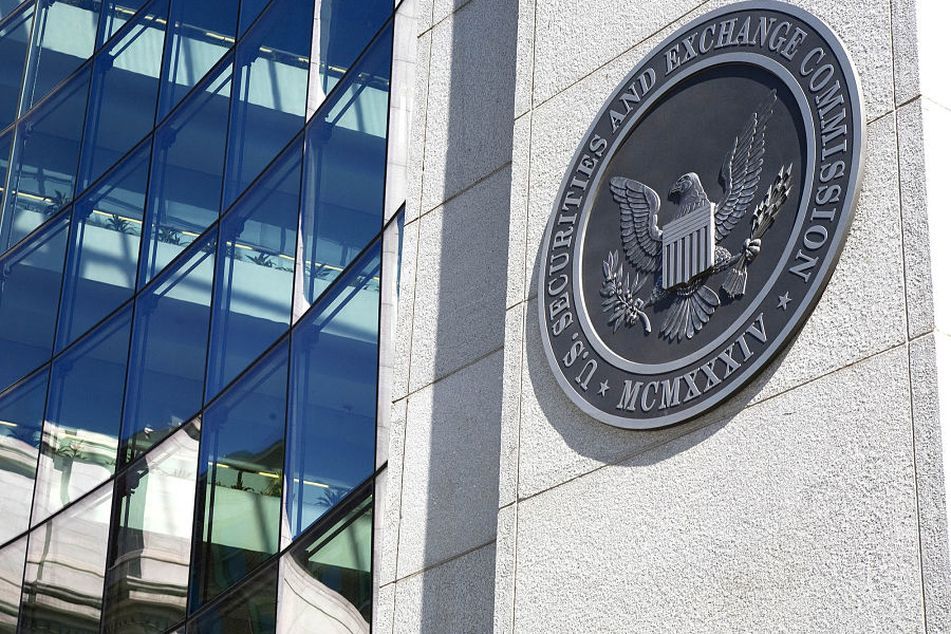SEC continues to see problems with advisers selecting too-expensive share classes

More than 18 months after the launch of its crackdown, agency exams show message isn't getting through.
More than 18 months after the Securities and Exchange Commission began a crackdown on inadequate mutual fund payment disclosures, the problem doesn’t seem to be going away.
In February 2018, the agency implemented an enforcement program encouraging advisory firms to report themselves if they recommended high-fee share classes without telling clients that lower-cost investments were available in the same fund.
The Share Class Selection Disclosure Initiative resulted in a settlement this past March in which 79 firms agreed to return $125 million to clients. The initiative focused on 12b-1 fees. More recently, the SEC made a point about revenue-sharing by charging Commonwealth Financial Network with failing to disclose revenue sharing.
Despite these warnings, inappropriate share-class recommendations are cropping up in SEC reviews of advisory firm practices.
“It shocks me we’re still seeing it on exams,” Peter Driscoll, director of the SEC Office of Compliance Inspections and Examinations, said during a session at the North American Securities Administrators Association conference in Austin, Texas, earlier this week.
Part of the problem may involve brokers who have become investment advisers.
“Innocently enough, it could be share classes that broker-dealer reps used on the broker-dealer side,” Mr. Driscoll told reporters on the sidelines of the conference. “When they migrated to the IA side, they didn’t know that there were advisory shares out there. Part of it may just be they can earn more money off of non-advisory shares.”
The SEC is emphasizing to advisers that if they choose a high-fee share class, they need to explain it to their clients.
“If they don’t disclose to an advisory client that there are advisory shares available that have lower costs, then that’s problematic,” Mr. Driscoll said. “That’s not the right thing for the client.”
[Recommended video: How the 2020 elections could impact ESG investing]
The SEC is getting resistance from the financial industry over the share-class effort.
The Financial Services Institute, which represents independent brokers and financial advisers, is one of the trade associations that is calling on the SEC to halt enforcement on share-class selection until the agency writes a rule clarifying its standard for disclosure of revenue sharing for advisory accounts.
This month, the group launched a campaign encouraging its members to write letters to lawmakers asking them to tell the SEC to stand down. It has resulted in more than 2,500 form emails to Capitol Hill.
Earlier this week, approximately 150 FSI members held about 130 meetings with legislators and their staff focusing on the issue during FSI’s Capitol Hill Day.
David Bellaire, FSI executive vice president and general counsel, said the SEC moved the goal posts on fee disclosure without telling the industry. For decades the standard language was that firms “may” receive 12b-1 fees. Now they have to be more specific.
“Their current approach is inherently unfair,” Mr. Bellaire said. “Firms were not on notice that the SEC’s expectations had changed.”
Mr. Driscoll declined to comment on industry criticism of the share-class initiative.
Under the SEC program, firms that reported themselves would avoid paying fines, although they still had to return money to clients.
Some FSI firms that took part in the program thought the agency was too broad in its approach, too harsh in formulating restitution and too opaque about what it wanted to see in disclosures, Mr. Bellaire said.
“Many of our member firms participated in that initiative and wish they had not,” he said.
Learn more about reprints and licensing for this article.








